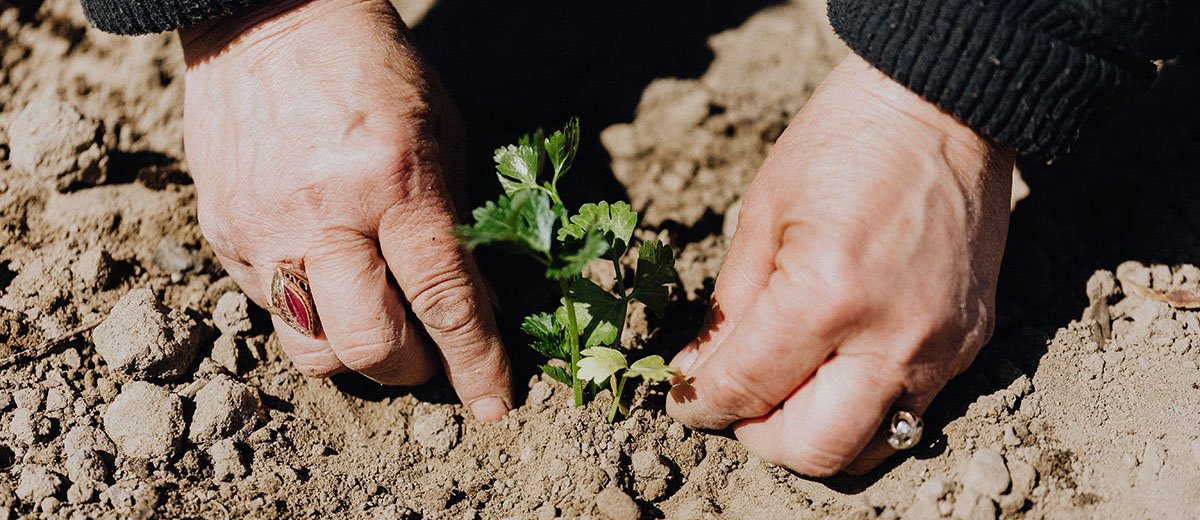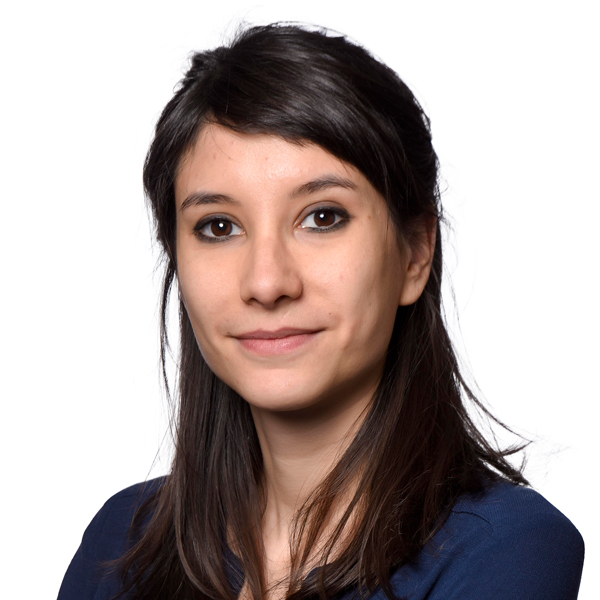Higher education, research and innovation for a sustainable future
Subject: Multidisciplinary
We’re bringing European Sustainable Development Week to a close with a selection of resources prepared by the UOC Library and Globalization and Cooperation.
In 2015, world leaders took on the commitment to achieve an Agenda with 17 goals to transform the world over the next 15 years. Every year, European Sustainable Development Week (ESDW) reminds us of these great global challenges.
The UOC integrates the 2030 Agenda in its Strategic Plan (point 0302), so to mark ESDW, it has rolled out a social media campaign (#ODSUOC) to raise awareness of the 17 Sustainable Development Goals (SDGs). With this and other communication, training and research actions, the UOC is calling on its community and other universities to contribute to achieving the world political agenda.
1. What are the SDGs and the 2030 Agenda?
Seventeen global goals to stimulate transformation in five areas, the so-called "5 Ps’": people, planet, prosperity, peace and partnership.
Official declaration of the United Nations 2030 Agenda, a plan of action for people, planet and prosperity. Its aim is to balance the three dimensions of sustainable development: the economic, the social and the environmental.
In 2015, world leaders agreed to 17 Sustainable Development Goals (SDGs) and 169 associated targets for a better world by 2030. All countries and all stakeholders, acting in collaborative partnership, will implement this plan.
An explanation of the SDGs with a brief goal by goal summary. The SDGs include zero hunger, good health and well-being, responsible consumption and production, decent work and economic growth, climate action and gender equality
Final United Nations ruling in Spanish approving the 2030 Agenda for Sustainable Development. The Sustainable Development Goals (SDGs) take over from the Millennium Development Goals (MDGs), in effect until 2015.
Report of the Advisory Council for Sustainable Development (CADS), an advisory body of the Executive Council of the Government of Catalonia, to identify the strategic challenges of SDGs in the Catalan context.
Throughout the week, experts from the UOC have explained each of the SDGs on social media. They've given us their personal take on what each of these goals involves and the importance of achieving them.
2. What role do universities play in the 2030 Agenda?
The fourth SDG is to ensure inclusive and quality education for all, and science is presented as a powerhouse of change to achieve some of these goals. This is why it is important that universities include the 2030 Agenda in their strategic policies and carry out actions that are consistent with these four areas:
- Teaching and learning. Offer educational activities following the Education for Sustainable Development (ESD) model.
- Research. Provide elements such as knowledge, experiences, solutions or technologies to achieve the goals.
- University governance. Carry out sustainable management through strategic policies, governance structures and operational decisions.
- External leadership. Become benchmarks in the field and take part in collective dialogue.
These contents will help you join in the global reflection on the role of universities in constructing a sustainable future.
This document takes an in-depth look at the four areas where universities can contribute to sustainable development (learning and teaching, research, external leadership and governance) in relation to each of the goals.
Statement approved in 2016 by the International Association of Universities (IAU) in Iquitos (Peru), whereby its members undertake to create synergies and cooperate in the name of sustainable development in higher education.
Article by Goolam Mohamedbhai, former president of the International Association of Universities (IAU), published in University World News. A retrospective look at the concept of education for sustainable development.
This book is a call for dialogue. To take the path towards a sustainable future in a complex and changing world, people have to become change agents. This way, education becomes a catalyst, an asset that needs collective social effort.
Roadmap endorsed by the UNESCO General Conference with regard to the Global Action Programme (GAP) for education for sustainable development. It describes the goal, the objectives and the implementation strategies.
Issue of International Association of Universities' (IAU) journal Horizons. Around twenty articles on subjects such as promoting policies, leadership and management, curricular reform and research.
Results of the first global survey in 2016 on the role of higher education in promoting sustainable development. It refers to the annual campaigns run by the UOC to raise awareness of unequal access to food.
Interactive map of universities committed to Higher Education and Research for Sustainable Development (HESD) on the IAU website. It highlights their actions and initiatives responding to the 2030 Agenda.
3. Sustainable development networks and projects
This list offers specific examples of initiatives and association that work together for sustainable education and to promote scientific and technical expertise to achieve a sustainable future.
Network created by the United Nations to mobilize scientific and technical expertise to help find solutions to problems related to sustainable development. It took part in the design and implementation of SDGs.
Global website for higher education and research for sustainable development (HESD) of the IAU that provides access to actions and initiatives carried out around the world to promote sustainability.
The Spanish partner in the Sustainable Development Solution Network (SDSN). Its aim is to activate universities, research centres, businesses and civil society to solve practical problems.
European network of higher education institutions, with its origins in the European University Association (EUA). Its aim is to establish partnerships with businesses, government agencies and civil society to advance in sustainability locally and globally.
Global Action Programme (GAP) of the United Nations that carries on from the previous initiative: Education for Sustainable Development (ESD) (2005-2014). It proposes actions at all levels and in all areas of education and learning.
Network of Latin American university networks created in 2007 with the aim of promoting and coordinating actions in the field of higher environmental education and achieving academic cooperation for the environment and sustainability.
Network that works in the coordination and visibility of sustainability initiatives in the Nordic countries (Denmark, Sweden, Norway, Finland and Iceland). Participants meet regularly to share good practices.
Network focused on the USA, although it does not explicitly state its geographical scope of action. It was created to promote sustainability in the leading higher education associations.
Organized in the form of a consortium with 52 partners in 33 European countries, this project offers teachers strategies for developing professional skills and academic leadership abilities related to sustainability.
Project from 2015-2017 created out of the alliance of ten partners from five European countries thanks to Erasmus+ funding. It designs and promotes new ways of teaching and learning in higher education that foster entrepreneurship studies.
Is an initiative of the Conference of Rector of Spanish Universities (CRUE), in coordination with the Spanish Agency for International Development Cooperation (AECID) and the Ministry of Foreign Affairs and Cooperation.


